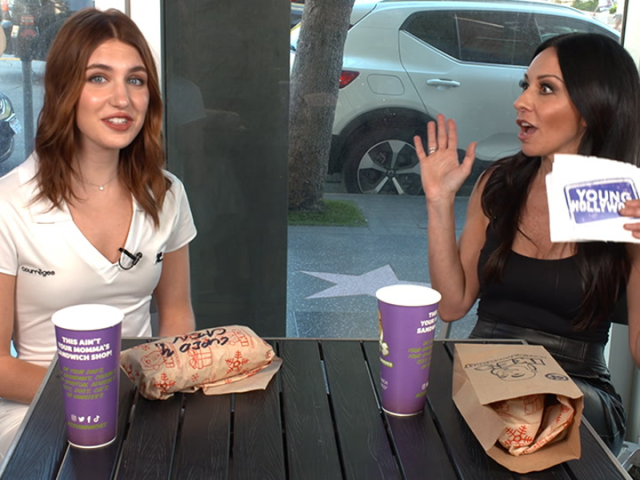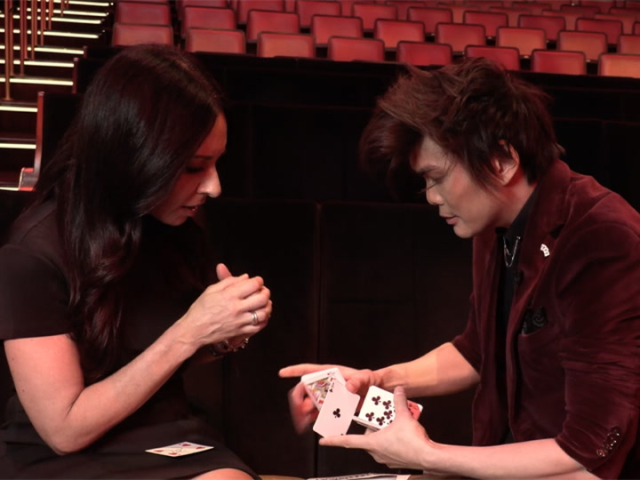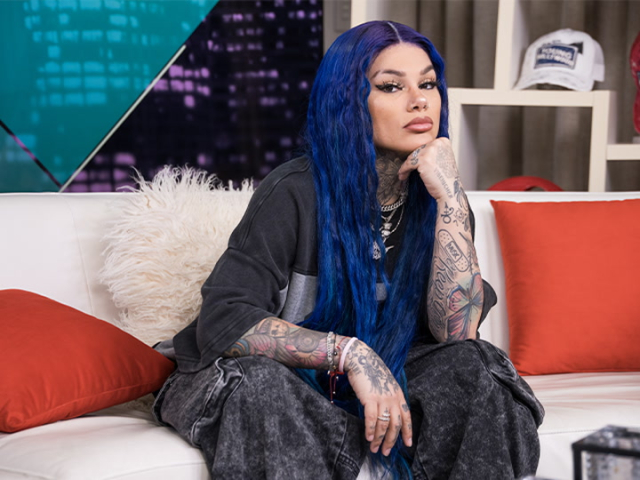4 Female Directors Breaking Barriers In The Film Industry!
.jpg)
Did you know that only 3 female directors have ever won an Oscar? Kathryn Bigelow for The Hurt Locker (2009), Chloé Zhao for Nomadland (2020), and Jane Campion for The Power of the Dog (2021). That’s it.
Thankfully, in recent years, the presence of female directors in Hollywood has surged, with many young women breaking industry barriers and challenging long-held norms. However, we still have a long and bumpy road to go before achieving fair representation of women in leading roles in Hollywood.
Young Hollywood wants to celebrate female directors and encourage other women to be brave and pursue their dreams of making films!
1. Greta Gerwig
With her most recent hit, Barbie, Greta Gerwig has probably become one of the most popular female directors in the game right now. Her other films, Lady Bird and Little Women, were met with critical acclaim, cementing her as a unique voice in the industry. Her films were both artistically brilliant and commercially successful, which is a good sign for other female directors.
Greta took Hollywood by storm, taking on mostly male-dominated genres (like literary adaptations and coming-of-age dramas) and giving them a new, feminine perspective. With Barbie becoming a worldwide phenomenon, Gerwig has demonstrated the power of female-led, female-centered films at the global box office, offering a redefined cultural narrative around women in mainstream cinema. She is currently developing a new adaptation of The Chronicles of Narnia and we can't wait to see what fresh spin she puts on the classic fantasy story.
Greta has carved the road to success for young aspiring female writers and directors, and we want to celebrate her hard work and astonishing talent.
2. Chloé Zhao
Chloe ticks many boxes when it comes to breaking barriers in the film industry. She is one of the few women who have won an Oscar for directing, one of the few Chinese-born people who have made it in Hollywood, and the first woman of color to direct a Marvel film (Eternals).
Starting as an indie director, Chloe’s ability to create deeply personal films with profound realism, as seen in Nomadland, has earned her a spot among Hollywood’s elite directors. With Eternals, Zhao brought her unique voice to the superhero genre, blending blockbuster entertainment with emotional depth and showcasing how indie storytelling can influence large-scale productions. One of her next projects in development is a sci-fi western take on the iconic Dracula.
Every step of her career signals a long-overdue shift in the industry’s inclusivity. We are on the verge of a big change in power dynamics and equality in filmmaking, and we have to thank the pioneers of this craft for helping us overpower the old narrative.
3. Nia DaCosta
DaCosta made history as the first Black woman to direct a Marvel film, with The Marvels, a significant milestone in an industry where diversity behind the camera remains a challenge. Action and superhero films have always been highly dominated by men (not only as creators but also as actots), and we are definitely here for female directors to bring a fresh view to this genre.
Nia DaCosta has revolutionized not only superhero films but also horror, which, like action films, were usually made by men. Nia DaCosta’s remake of Candyman revitalized the horror genre and added a socially conscious lens to the narrative, highlighting issues of race and class in a horror context.
By bringing important social themes into both horror and superhero genres, DaCosta has expanded what these genres can offer and opened the door for more diverse voices in large-scale productions.
4. Emerald Fennell
We think Emerald Fennell can become a great inspiration for young girls dreaming of becoming directors and thinking it is impossible to do. Emerald Fennell was first primarily known to us as an actor, with roles in "Call the Midwife", The Danish Girl, and "The Crown". Her directorial debut, Promising Young Woman, brought her a lot of recognition as a filmmaker (and an Oscar for Best Original Screenplay), captivating audiences with its stylized approach to dark, challenging themes. Fennell tackled topics like sexual violence, revenge, and consent, all while pushing the boundaries of how these themes are addressed in modern cinema. She was able to create a story about sexual abuse without any nude scenes or explicit portrayals of rape. The film sparked conversations about gender dynamics and systemic injustice, forcing the industry and audiences to reflect on their portrayals of women and power structures. Her followup film, Saltburn, was one of the buzziest films of 2023. She is currently developing an adaptation of the classic romance novel Wuthering Heights.
Today, we observe a significant shift in the industry from excluding women from participation in filmmaking to seeing them in leading roles as directors of significant pictures that impact the industry and the audience. We hope this trend will keep rising, revealing more talented women to showcase their abilities in creating and storytelling.



